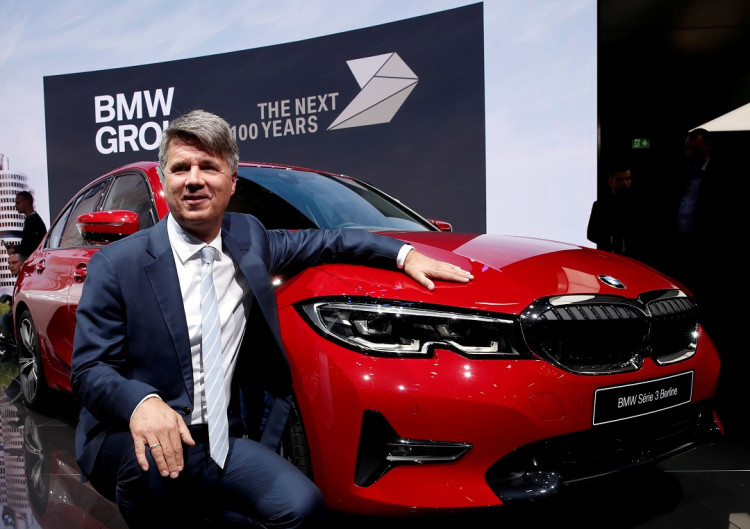BMW is overhauling its internal organizational structure as part of its strategy to take on new challenges brought about by rapid changes in the global auto industry. The German automaker announced that it will be letting go of its current chief executive Harald Krueger to seek a new leader to get a fresher insight into its next moves.
The company announced that Krueger, who has been the CEO of the luxury car brand for four years, has agreed to step down from his position. The topic of who exactly will be replacing Krueger will reportedly be discussed by the firm's board during a meeting scheduled for this month.
In a statement issued in response to the announcement, Krueger mentioned that he was leaving to "pursue new professional endeavors." The long-time BMW employee, who had been working for the company in various capacities for almost three decades, thanked everyone who he has worked with for their support.
Krueger also acknowledged that the global auto sector has gone through a lot of changes over the years and that BMW is well-equipped to adapt to those changes.
BMW has, for the most part, struggled to take on the changes in the global automotive market over the past few years. The company's profits also recently shrunk after it was caught in the middle of a scandal after an investigation was conducted by the European Union into its practices in April.
The carmaker's profits shrunk for the first quarter as it expected to pay fines of up to $1.1 billion for its part in the alleged collusion with other carmakers to delay the rollout of low-emission vehicle models.
The German automaker has since pledged to roll out more electric vehicles, with a goal to release at least 25 new fully-electric models by 2023. The company also stated that it expects to double its sales of electrified vehicles by 2021.
Despite its promises, the company has been slow in releasing new fully-electric models. The company has mainly been focusing on developing plug-in hybrids, a number of which it has already released to the market.
Market analysts speculate that for the company to accelerate its transition into newer technologies, it likely felt that it needed to bring in someone new to lead it into its electrification.
As part of its new strategy, BMW and Daimler announced last month that they would be signing a new cooperative agreement to collaborate on developing new automated driving technologies.
The collaboration is aimed at developing new technologies in fields such as automated parking, driving software, automated guidance systems, and AI software integration. Over 1,200 developers from both companies have been tasked to work together as part of the agreement.






